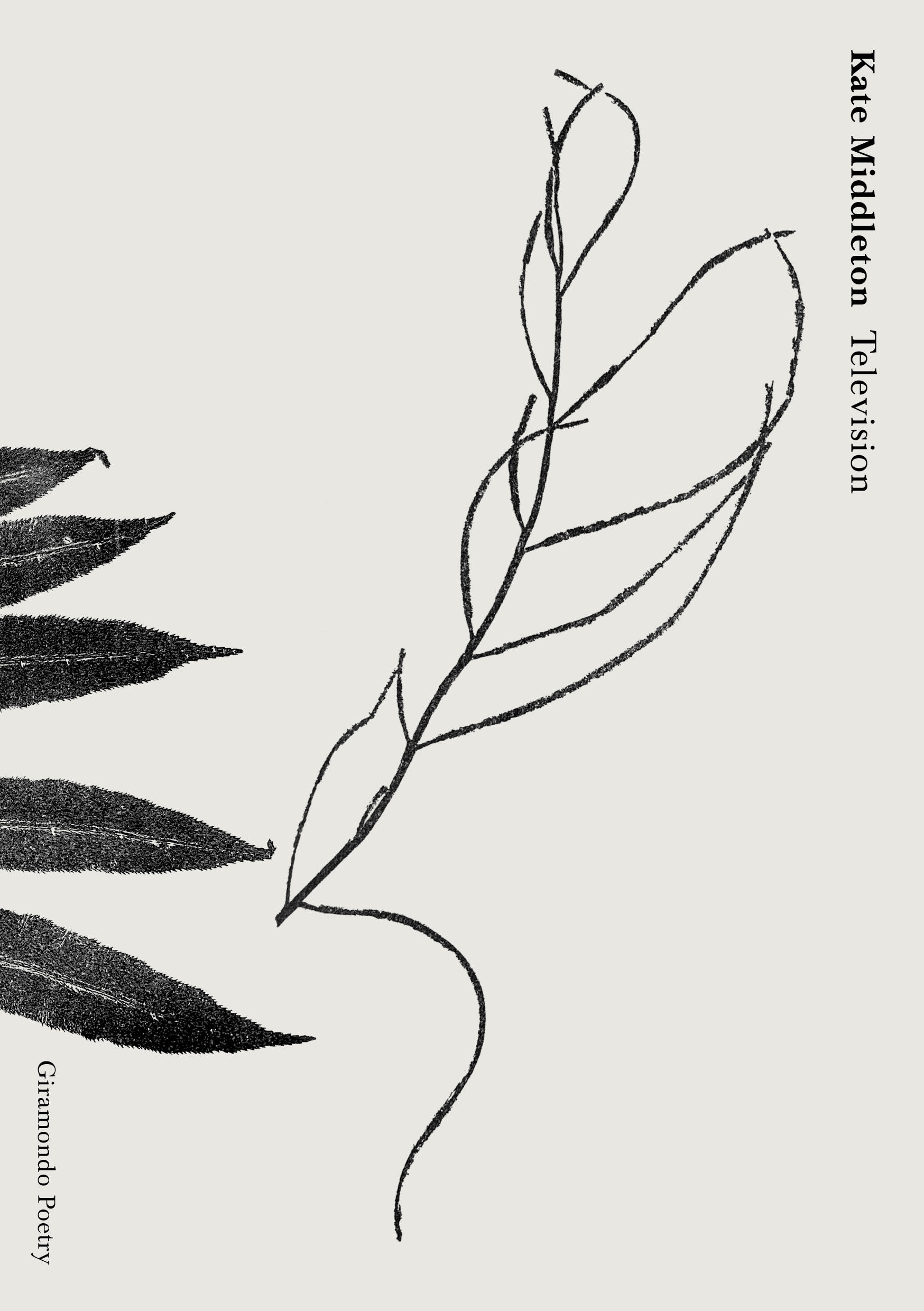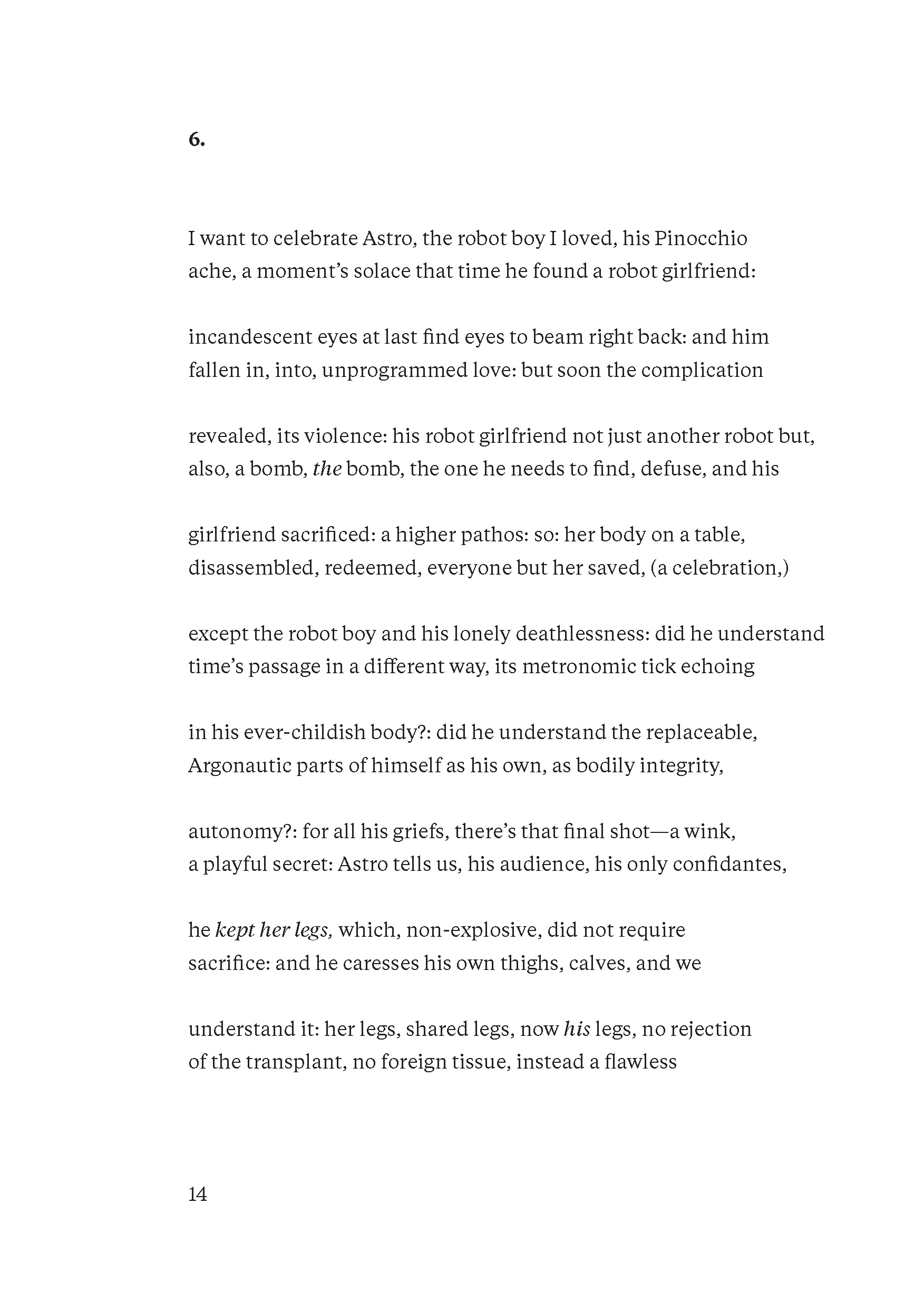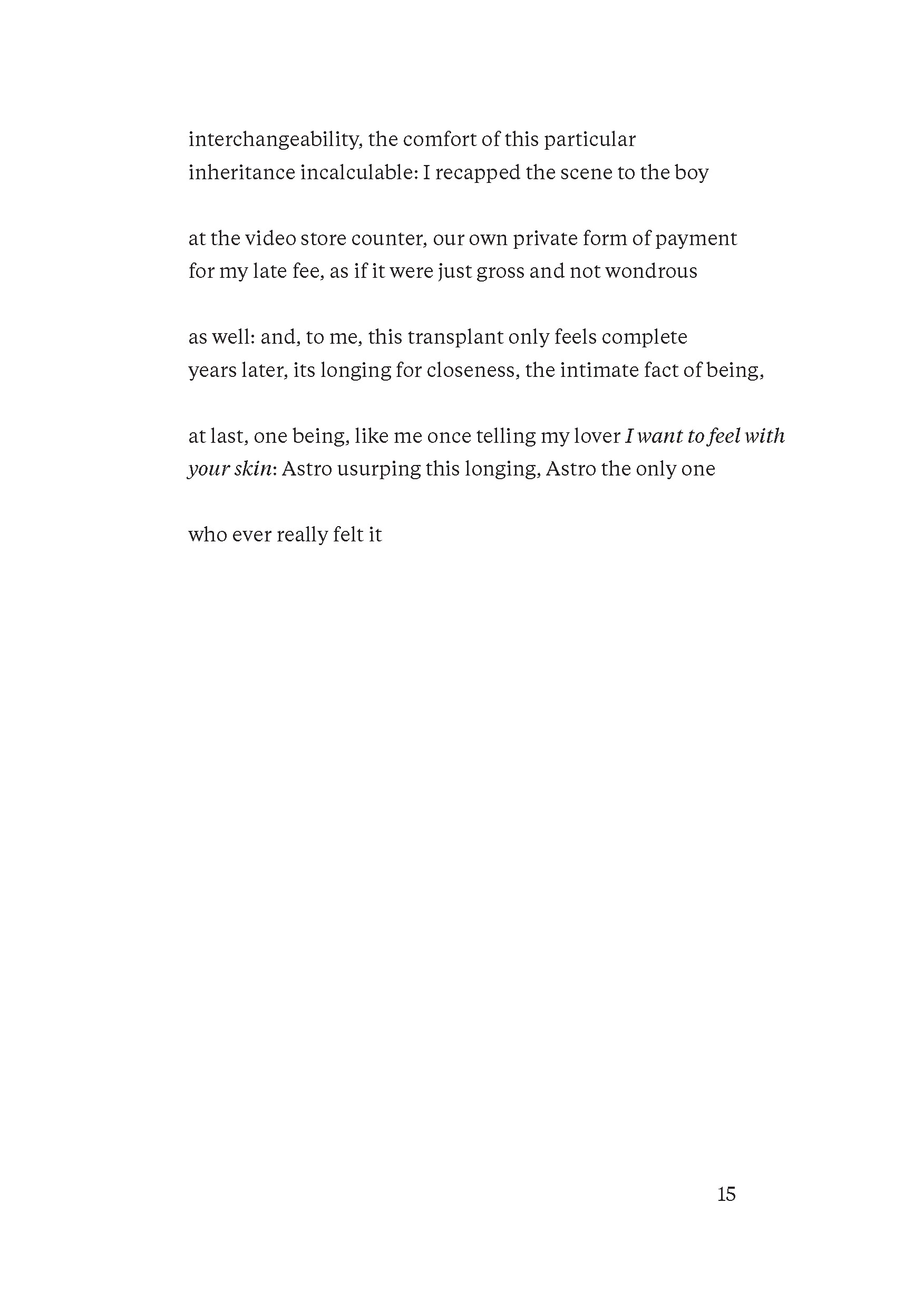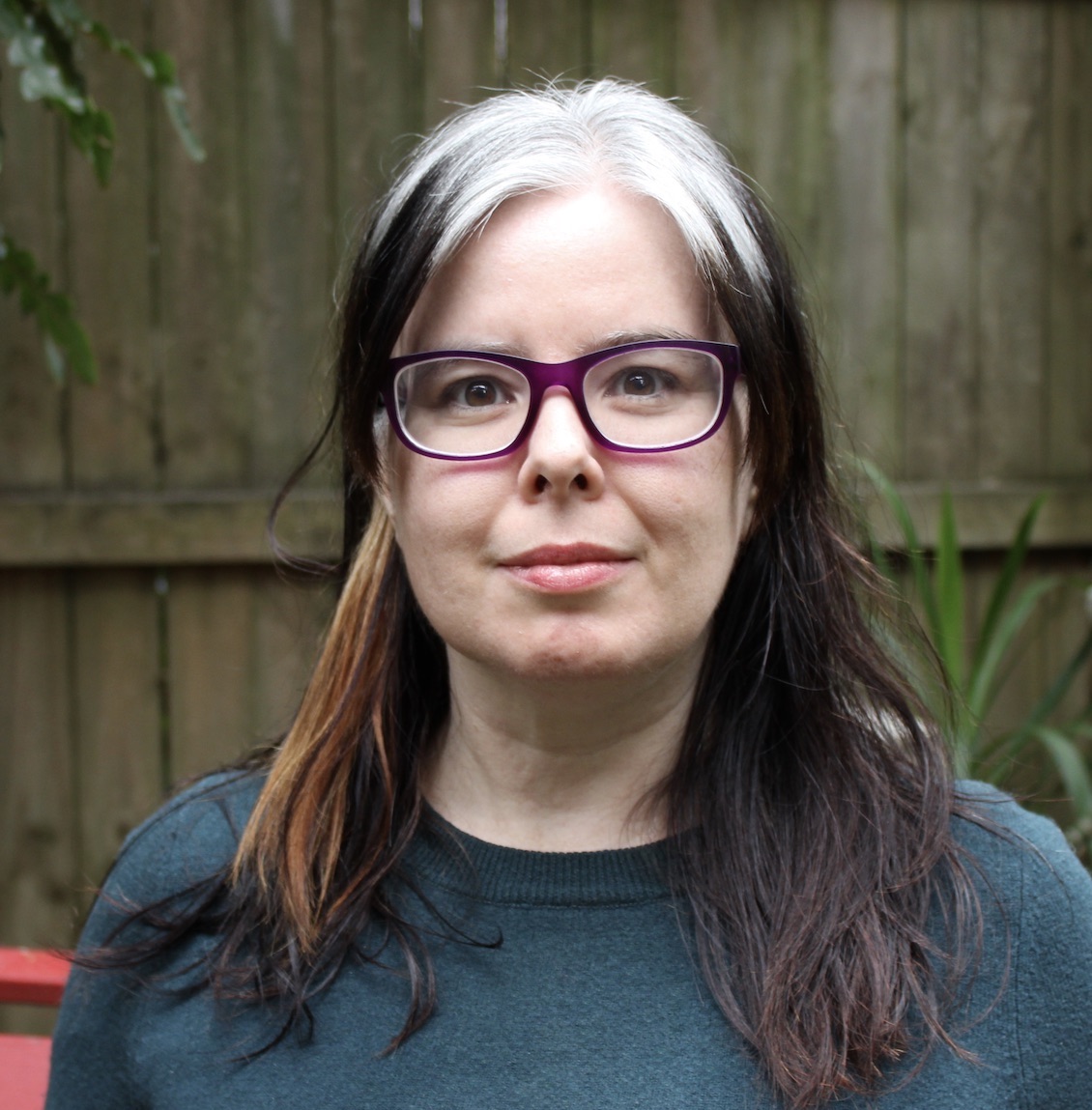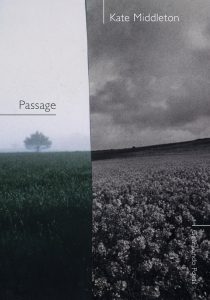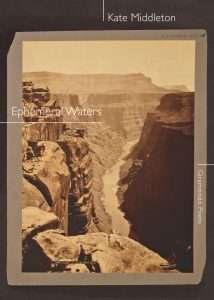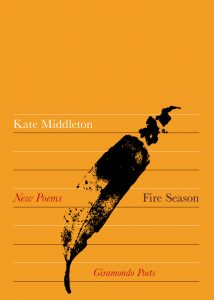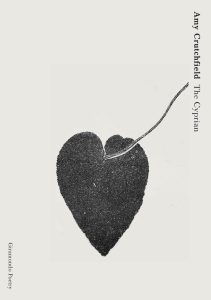Basket
Television
A poetry collection which is part criticism, part autobiography, and always acute in its recollection of the emotions inspired by television drama.
In her new collection Television, award-winning poet Kate Middleton considers the emotional impact that television programs had on her formative years – from childhood cartoons Astro Boy and Roadrunner to series like Pretty Little Liars, Buffy the Vampire Slayer, Twin Peaks and Beverly Hills 90210. These were ‘the shows I watched to cry, to feel/ the hot gash angst of teenaged-ness’. In poems that expand like mini-essays, the poet explores the feelings evoked by these shows, the shame and longing, the regret and desire, and the different kinds of identification they encouraged, especially in a teenage girl. But the focus is also on the poet as an adult, thinking back over her adolescent responses, about the ways in which television plays with time and reality, and the extent to which its jumble of images reflects her own multi-faceted consciousness, if it hasn’t in fact formed it –‘the one whose interests are too voluminous, the one who tries/ to write deeply into one idea and is instead immediately/ tugged sideways…I try to do too much and/ my attention shatters, ricochets among ruins’.
A conceptually driven collection of poems that blend image with critical insight… Middleton questions the memory built by television and finds holes in her own. Simultaneously, she deepens this pop culture moment to reflect on celebrity and collective grief, how we mourn those brought to us on screens or airwaves because we feel we know them. Without apology, Television invites us into the escape of TV.
Brooke Boland, Sydney Morning Herald
[Television] speaks to a common reference point and in doing so opens up the form… [A] brilliant example of contemporary Australian poetry.
Sam Ryan, The Conversation
Glorious.
The Australian (best books to read this weekend)
The power of this work is contained within the form itself – its capacity to mirror television while resisting some of the preloaded assumptions that make the form feel irreverent. In Middleton’s work, we are repeatedly reminded to slow down, to read closely, to sit with those stories held and contained within each episode, rather than binge the content and race toward the end.
Tim Loveday, Australian Book Review

